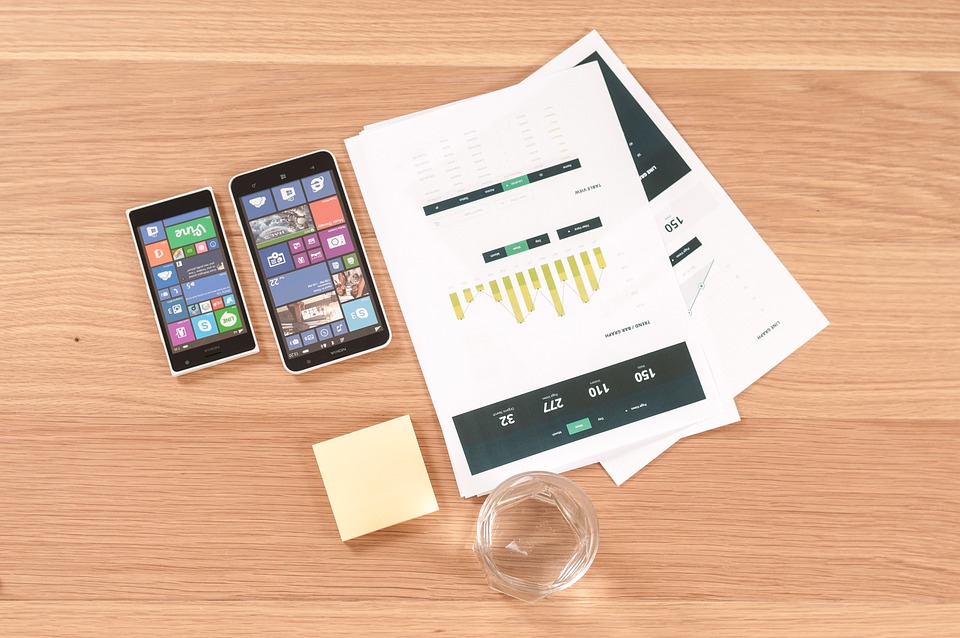The Ultimate Guide to Becoming a Successful Freelance Website Designer
Are you a creative individual with a passion for web design? Are you looking to break free from the constraints of a 9 to 5 job and become your own boss? If so, then freelance website design might just be the perfect career path for you. In this ultimate guide, we will walk you through the steps to becoming a successful freelance website designer.
1. Hone Your Skills:
Before diving into the world of freelance website design, it is crucial to have a strong foundation of web design skills. Take the time to learn and master the necessary programming languages such as HTML, CSS, and JavaScript. Familiarize yourself with design principles, user experience (UX) design, and responsive design. The more skills you have under your belt, the more valuable you will be to potential clients.
2. Build an Impressive Portfolio:
Your portfolio is your calling card in the world of freelance website design. It showcases your skills, creativity, and previous work to potential clients. Start by creating a personal website or blog to showcase your portfolio. Include a variety of projects that highlight different styles, industries, and functionalities. If you are just starting out and lack real client work, consider creating mock projects to demonstrate your abilities.
3. Network and Collaborate:
Networking is a vital aspect of freelancing. Attend industry events, join web design communities, and engage with other professionals in the field. Collaborating with other designers or developers on projects can help you expand your skills, gain exposure, and build connections. These connections can lead to referrals and future opportunities.
4. Define Your Niche:
In a competitive market, having a niche can set you apart from the crowd. Identify a specific area or industry that you are passionate about or have expertise in. By specializing in a niche, you can become an expert in that field and cater to a specific target audience. This can help you attract clients who are looking for a designer with specialized knowledge.
5. Set Your Rates:
Determining your freelance rates can be challenging. Research the market and see what other freelance web designers are charging. Consider factors such as your experience, skills, and the complexity of the project. It is important to strike a balance between charging what you are worth and remaining competitive in the market. As you gain experience and build a solid reputation, you can gradually increase your rates.
6. Market Yourself:
To succeed as a freelance web designer, you need to market yourself effectively. Create a professional website that showcases your skills, portfolio, and contact information. Use social media platforms to promote your work and engage with potential clients. Consider starting a blog where you share your insights and expertise. Utilize online platforms such as LinkedIn, Behance, and Dribbble to increase your visibility in the industry.
7. Develop Strong Communication Skills:
Effective communication is key to any successful freelance career. Be responsive, professional, and clear in your communication with clients. Understand their requirements, ask the right questions, and provide regular updates on project progress. Good communication builds trust and fosters long-term client relationships.
8. Deliver Exceptional Customer Service:
Providing exceptional customer service is crucial for freelance success. Treat your clients with respect, meet deadlines, and exceed expectations. Offer support even after the project is completed. Satisfied clients are more likely to refer you to others and provide positive testimonials.
9. Stay Updated with Industry Trends:
The field of web design is constantly evolving, with new trends and technologies emerging regularly. Stay up-to-date with the latest design trends, tools, and techniques. Continuously improve your skills to stay ahead of the competition. Attend workshops, watch tutorials, and participate in online courses to enhance your knowledge.
10. Never Stop Learning:
Freelance website design is a lifelong learning process. Embrace new challenges, experiment with different design approaches, and seek feedback to grow as a designer. The more you learn and adapt, the more successful you will become.
In conclusion, becoming a successful freelance website designer requires a combination of technical skills, business acumen, and a passion for design. By following these steps, honing your skills, and constantly improving, you can turn your passion into a lucrative and fulfilling career. Embrace the freedom and flexibility of freelancing, and watch your web design business thrive.




